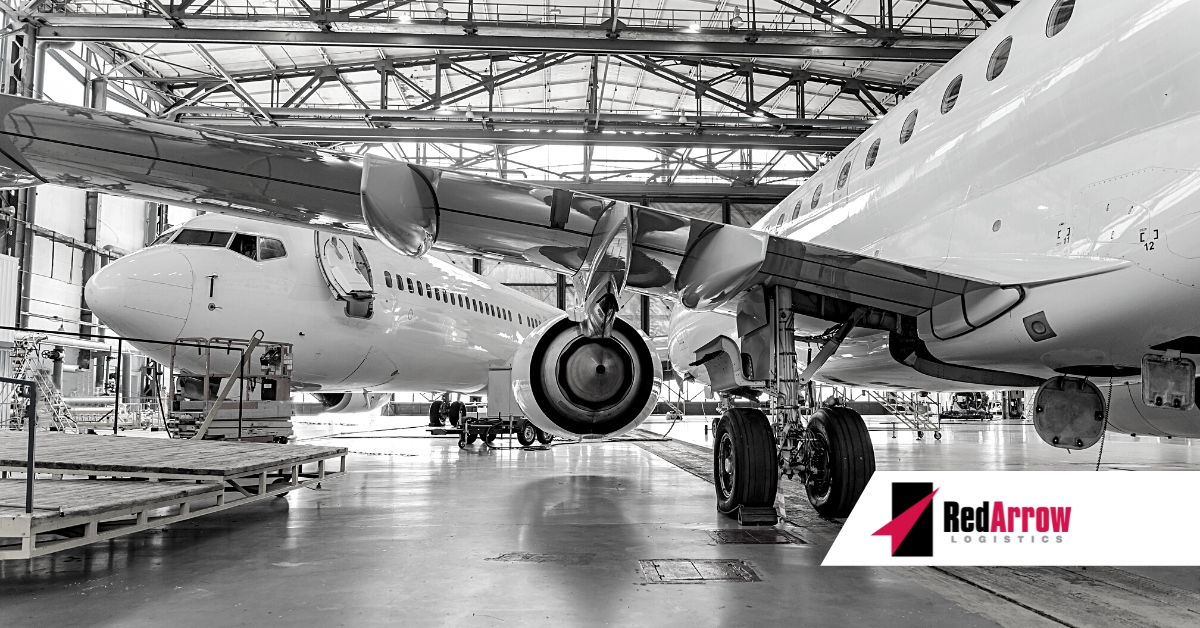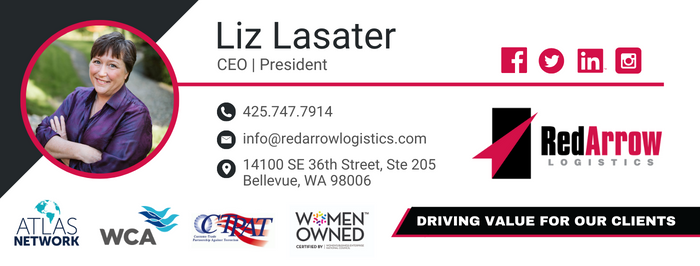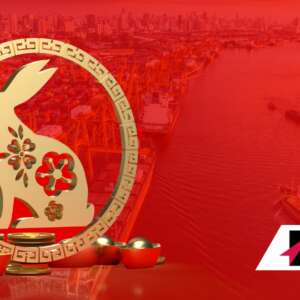A global supply chain enables businesses to get items easier and at a lower cost, however, it does create some risk for a company. Global supply chains are vulnerable to events such as natural disasters, political unrest, and war. These types of events lead to uncertainty in markets and can have consequences on supply chains. As is the case for many sectors, aircraft manufacturing businesses source parts and components from all over the world.
Russia-Ukraine Conflict Will Affect the Aerospace Supply Chain
Recent events such as the war between Russia and Ukraine point out how affected a global supply chain can be. A prolonged war between the two countries could lead to elevated supply chain risks that affect aerospace OEMs (original equipment manufacturers) and supplier credit profiles. As Russia and Ukraine are both among the top producers of titanium, there could be a shortage in the material for industrial equipment manufacturing in castings, forgings, fastening systems, extrusions, and engine parts.
Supply Chain Disruptions
The aerospace industry is at particular risk because the supply of raw source materials that are needed on a global level can be subject to countless disruptions. Poor demand forecasting, political and geo-environmental issues, such as the Russia-Ukraine conflict, and design changes all contribute to disruptions. Aircraft supply disruption has occurred recently due to order backlog as well as growth in passenger traffic and the replacement of obsolete aircraft.
Mitigating Risk in the Supply Chain
Reducing the amount of risk in a supply chain has become especially critical for aerospace companies. Factors such as supply chain flexibility and reliability and Time Critical logistics can provide solutions.
Long-term Approach: Airlines have taken a long-term approach to fleet planning which helps to mitigate order volatility due to external events. U.S. carriers have limited exposure to Ukraine and Russia, but the war could affect global supply chains, oil prices, and new aircraft orders. Widebody aircraft production would be most affected. Dealing with risks as effectively as possible will result in them having a larger impact on the business.
Diversify Sourcing: The aerospace industry is one of the complex and detailed supply chains that use a lot of metals that need to be sourced from around the world. About one-third of Boeing’s titanium comes from Russia, however, in the wake of the conflict, many U.S. Aerospace OEMs and suppliers have built up their inventory of titanium or diversified their sourcing to other countries such as Japan. This will help to alleviate the risks of a titanium shortage which would lead to a production bottleneck.
Time Critical Service: Time Critical ordering is an essential piece of aerospace supply chains. Logistics companies that offer experience with Time Critical deliveries can make sure that they are getting what they need when they need it. Time Critical service optimizes a complex supply chain, like those of aerospace companies.
Streamlining the Supply Chain: The more complex a supply chain, the greater chance for risk. These risks increase when using different suppliers and companies, however, a streamlined supply chain cuts down on the number of people involved. When researching suppliers, consider cost, timelines, and material specifications to see if a fewer number of suppliers can be used. Similarly, working with one logistics provider can alleviate some of the risks.
In the short-term, aerospace procurement managers should plan for purchases on a monthly, quarterly, and annual basis. For the long-term, five- to ten-year contracts with primary and secondary aerospace suppliers should be secured. Positive relationships with suppliers can go a long way in understanding cost drivers and market trends.
Your Trusted Partner
While the negative effect of the Russia-Ukraine conflict on commercial aircraft production in 2022 was not severe, there could be longer-term risks for the global aerospace industry if commodities are restricted. Other unexpected events could also affect the industry, which relies so heavily on global sourcing. No matter what industry your business is in, there are global events that will impact your supply chain. Red Arrow Logistics can help you cut down on the risks that you might encounter in aerospace or other industries. For the aerospace industry, we provide cargo shipping and logistics services for commercial, industrial, and government sectors. Contact us today to find out how we can help your business.
Red Arrow offers the scale and scope of services including air, ocean, and ground transportation to meet the budget and schedule requirements of the largest and smallest companies alike. If we can be of assistance, please email us at info@redarrowlogistics.com or give us a call at 425-747-7914.





